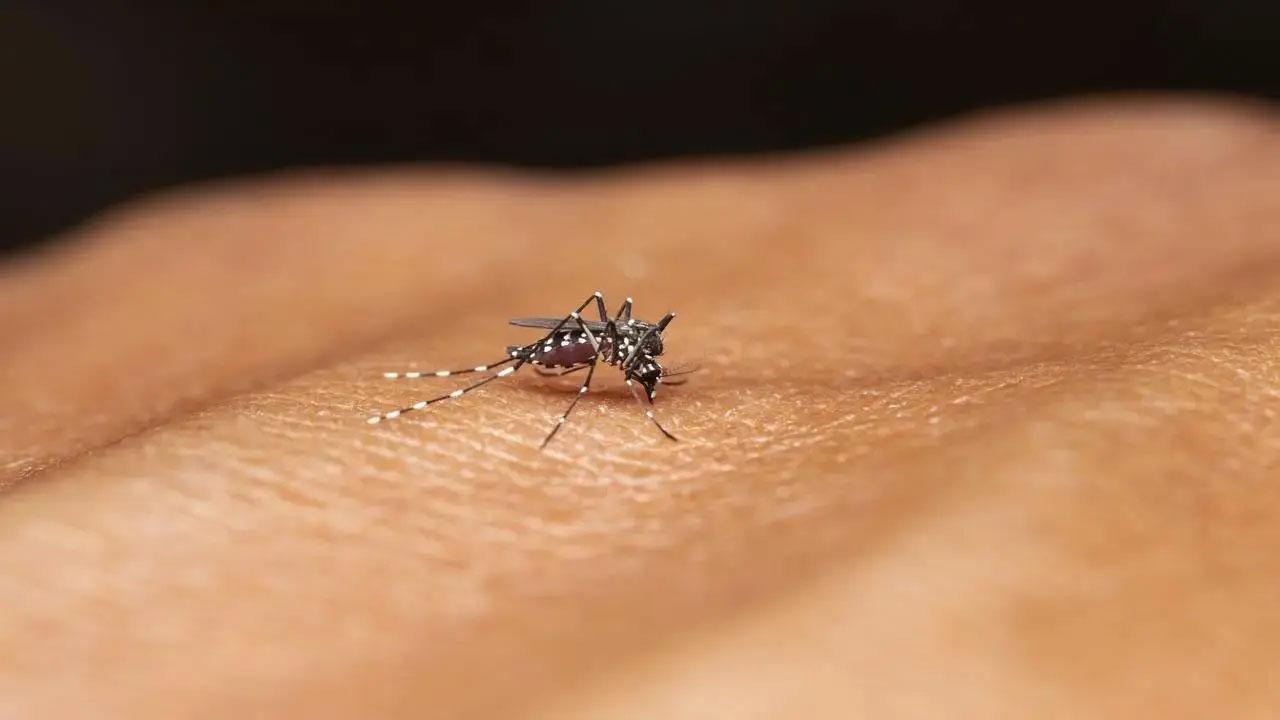These diseases are notoriously difficult to treat because the pathogens are protected inside host cells

Image for representational purposes only. Photo Courtesy: iStock
Researchers have discovered a previously unknown process by which tuberculosis, malaria and chlamydia causing pathogens enter a cell with physical force, breaching the body's immune defences that prevent infection. These diseases are notoriously difficult to treat because the pathogens are protected inside host cells. The study, published in the journal Proceedings of the National Academy of Sciences, introduces a potential game-changer in the fight against intracellular pathogens responsible for causing the devastating infectious diseases.
ADVERTISEMENT
“Using the parasite Toxoplasma as our representative pathogen, our work shows that some intracellular pathogens can apply physical forces during their entry into host cells, which then allow the pathogens to evade degradation and to survive intracellularly,” said lead author Yan Yu, Professor in the College of Arts and Sciences’ Department of Chemistry at Indiana University-Bloomington.
Also Read: H9N2’s high mutability poses challenges in predicting and controlling the virus
“This work suggests that targeting the motility of pathogens may be a new way to combat infection inside cells.” Normally, when an invading pathogen encounters a phagocyte -- a type of white blood cell responsible for destroying bacteria, viruses and other types of foreign particles -- it is caught and ingested by the phagocyte. For pathogens that escape this process, it is commonly thought that those pathogens must release a "secret arsenal" to “paralyse” the degradative machinery in the cell.
However, Yu’s study shows that this common belief is not true. She and collaborators have found that pathogens can avoid being ingested within the immune cell by exerting a “propulsive force.” With this forceful entry, the pathogens are diverted into vacuoles that lack the ability to break down these infiltrators. A vacuole is a structure reserved for storage and digestion within a cell.
To conduct the research, Yu and colleagues introduced the disease-causing parasite Toxoplasma into mouse-derived cells, observing their behaviours through a fluorescence microscope. These live parasites forcefully entered and thrived within immune cells. To understand, they created inactivated parasites that cannot exert force or create chemical substances. Unlike live parasites, these “zombie” parasites were swiftly degraded in the cell.
The researchers then employed magnetic tweezers to push the inactivated parasite into the immune cell to mimic the forceful entry observed in live Toxoplasma. The inactivated parasite, now subjected to simulated forceful entry, evaded degradation, akin to its live counterpart. This suggests that the force of entry, not chemicals, explains the pathogen’s survival, Yu said.
To manipulate the movement of the parasite in the second experiment, the researchers had to develop the “tweezer system” with magnetic nanoparticles. In addition, the researchers conducted the same experiments using yeast to confirm that the mechanism observed could also be found in other infectious agents, not just Toxoplasma.
"This study elucidates the contribution of physical forces in immune evasion and underscores the importance of targeting pathogen movement to combat intracellular infections,” Yu said. “We’re hopeful this work may ultimately contribute to new efforts to fight a variety of infections that are harmful to human health.”
This story has been sourced from a third party syndicated feed, agencies. Mid-day accepts no responsibility or liability for its dependability, trustworthiness, reliability and data of the text. Mid-day management/mid-day.com reserves the sole right to alter, delete or remove (without notice) the content in its absolute discretion for any reason whatsoever
 Subscribe today by clicking the link and stay updated with the latest news!" Click here!
Subscribe today by clicking the link and stay updated with the latest news!" Click here!








